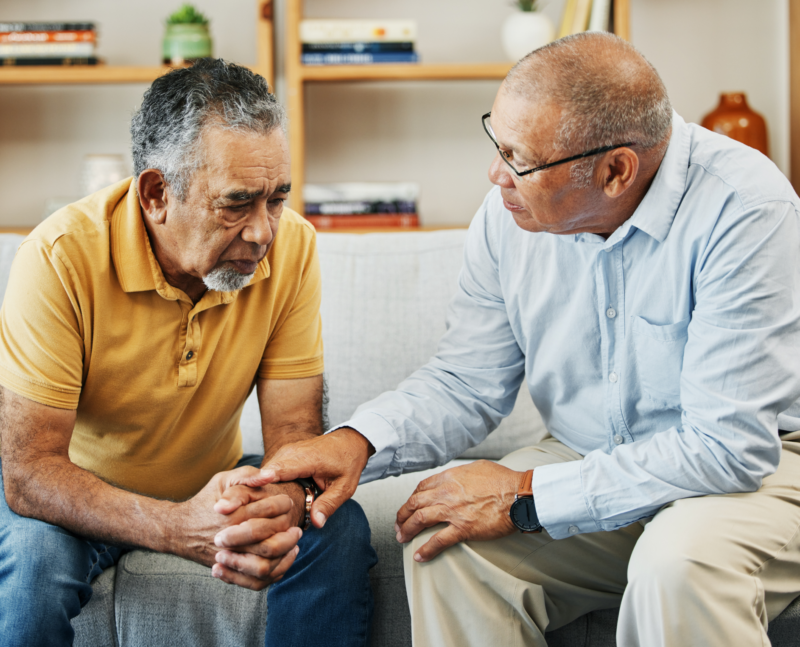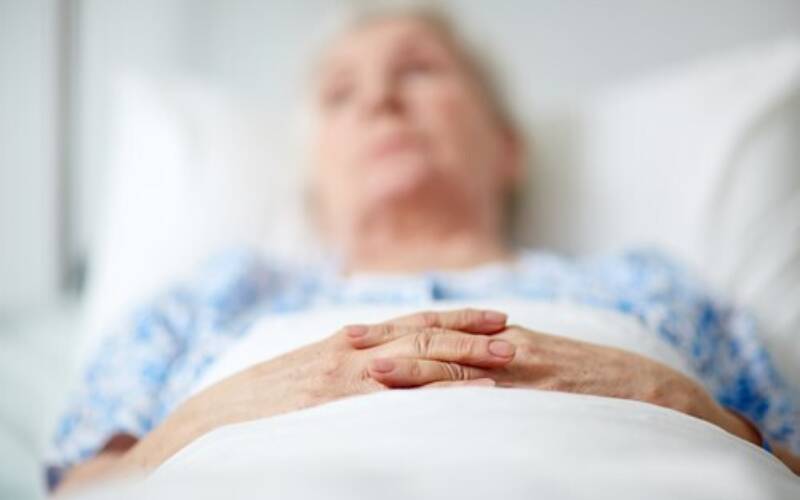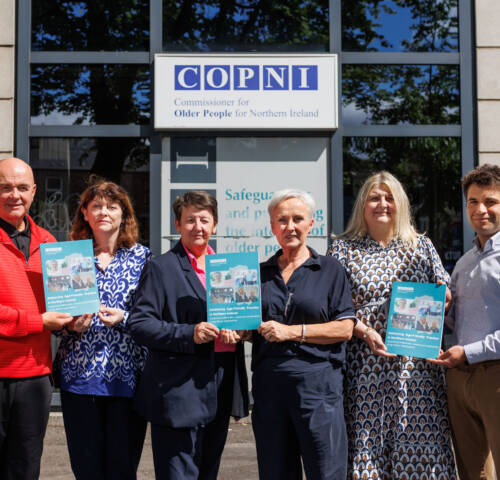
What is abuse?
Abuse against an older person can take many forms, such as physical, emotional, sexual and financial, as well as through neglect, and the impact of abuse can have devastating consequences for the victim.
Types of abuse
| Type of abuse | Description |
|---|---|
| Emotional/Psychological | Bullying, verbal abuse, humiliation, threats of harm |
| Neglect | Withdrawal or denial of help and care that is needed causing hardship and suffering |
| Physical | Hitting, slapping, pushing, kicking, burning, physical restraint, harmful medication |
| Sexual | Being forced to have sexual intercourse or perform sexual acts, indecent exposure, or serious innuendos being stated |
| Financial | Theft, fraud, exploitation, forgery, misuse of powers of attorney, undue influence to hand over money or sign a will or bank withdrawal |
| Discriminatory | Being treated differently because of age, ethnic origin, religion, sexual orientation, gender or disability |
| Institutional | Repeated instances of poor or inadequate care |
What are the signs of abuse?
If you identify with or recognise the behaviours below, you or someone you know may be suffering from abuse.
- Acting fearfully or withdrawing
- Signs of stress, anxiety or depression
- Bruising or other physical injuries
- An inability to pay normal bills or having unpaid bills
- Feeling helpless
- Problems sleeping and lack of appetite
- No longer enjoying yourself or wanting to go out
- Loss of confidence
- Hesitant to talk to other people
Signs that someone might be abusing an older person
- Seeing a person verbally or physically abuse the older person
- A person speaking on behalf of the older person without consent
- Injuries which occur regularly – black eyes, bruises or cuts
- Conflicting stories about injuries
- Unusual difficulty with finances – unpaid bills or debts
How to help safeguard and protect an older person
- Talk to your solicitor about a will and the need for power of attorney.
- Seek independent legal advice before you sign official documents/papers.
- Use an advocate or advocacy service to help make decisions.
- Look after your health and consult your doctor if your notice any changes in your mood, memory and general physical wellbeing.
- Keep in regular social contact with family, friends and neighbours.
- Consult the police for advice on how to make your home safe.
Useful contact numbers
If it is a medical or police emergency call 999 (24hrs)
If it is not an urgent police enquiry call 101 (24 hrs)
To report abuse to an Adult protection or safeguarding Coordinator (9am - 5pm)
Belfast Health and Social Care Trust
Northern Health and Social Care Trust
Southern Health Social Care Trust
South Eastern Health and Social Care Trust
Western Health and Social Care Trust
Out of hours social services regional number (5pm - 9am)
Belfast Health and Social Care Trust (out of hours)
Northern Health and Social Care Trust (out of hours)
Southern Health and Social Care Trust (out of hours)
South Eastern Health and Social Care Trust (out of hours)
Western Health and Social Care Trust (out of hours)
Do you need more information or advice?
Action on Elder Abuse Helpline (Monday - Friday, 9am - 5pm)
Do you need an Advocate?
Age NI advice and advocacy service (8am - 7pm)
Do you want to make a complaint about a Health and Social Care regulated service?
The Regulation and Quality Improvement Authority (9am - 5pm)
Do you need information on age discrimination?
The Equality Commission

